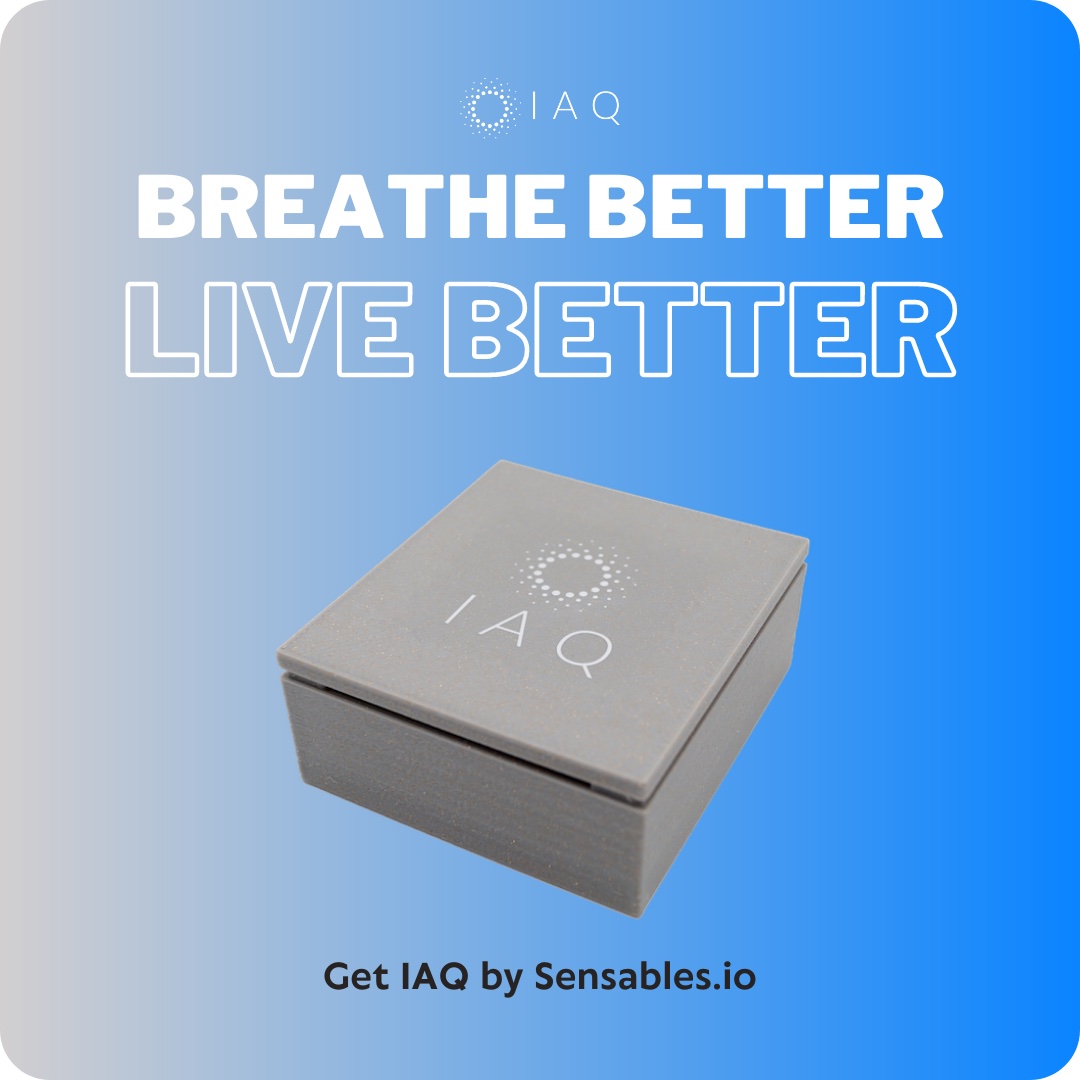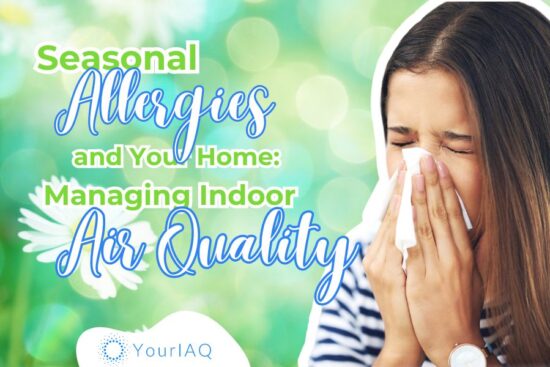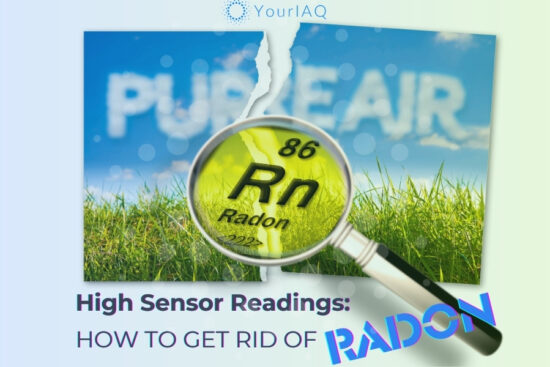
Air quality is something we often take for granted, but it plays a vital role in our daily lives. Have you ever heard of an “air quality alert”? If not, continue reading. In this overview of air quality alerts, we’ll explain what air quality alerts are, why they matter, and what you can do to stay safe and contribute to cleaner air.
Understanding Air Quality Alerts
What is an Air Quality Alert?
An air quality alert is a notification issued by environmental agencies and organizations to inform the public about the current state of air quality in a specific area. These alerts are crucial for raising awareness about potential health risks associated with poor air quality.
What Does the Air Quality Index (AQI) Mean?
The Air Quality Index (AQI) is a standardized measurement used to assess and communicate air quality levels to the public. It provides a numerical value that represents the concentration of key air pollutants, including particulate matter (PM2.5 and PM10), ground-level ozone (O3), carbon monoxide (CO), sulfur dioxide (SO2), and nitrogen dioxide (NO2).
The AQI typically ranges from 0 to 500, with higher values indicating worse air quality. It’s divided into categories, such as “Good,” “Moderate,” “Unhealthy for Sensitive Groups,” “Unhealthy,” and more, to help people understand the potential health risks associated with the current air quality.
Types of Air Quality Alerts
What Are the Different Types of Air Quality Alerts?
Air quality alerts can take several forms, depending on the severity of the pollution and its potential health impacts. The most common types of air quality alerts include:
- Air Quality Advisory: Issued when air quality is expected to reach a level that may be unhealthy for sensitive groups, such as children, the elderly, and individuals with respiratory conditions.
- Air Quality Alert: Issued when air quality is forecasted to reach levels that are unhealthy for everyone, not just sensitive groups.
- Air Quality Warning: Issued when air quality is expected to reach hazardous levels, posing severe health risks to all individuals.
Causes of Air Quality Alerts
What Causes Air Quality Alerts?
Air quality alerts are typically triggered by high levels of air pollutants resulting from various sources. Some common causes of air quality alerts include:
- Wildfires: Smoke and particles generated by wildfires can significantly degrade air quality over large areas.
- Industrial Emissions: Factories and industrial processes release pollutants into the atmosphere, contributing to poor air quality.
- Vehicle Emissions: Combustion engines emit pollutants like carbon monoxide and nitrogen oxides, especially in densely populated areas.
- Weather Conditions: Certain weather patterns, such as temperature inversions, can trap pollutants near the ground, exacerbating air quality issues.
Who Is Most at Risk from Air Quality Alerts?
Who is Most at Risk?
While poor air quality affects everyone to some degree, certain individuals are more vulnerable and may experience more severe health effects during air quality alerts. These at-risk groups include:
- Children: Their developing respiratory systems make them more susceptible to air pollution.
- Elderly: Age-related changes can reduce the body’s ability to cope with air pollutants.
- Individuals with Respiratory Conditions: Those with asthma, bronchitis, or other respiratory issues are more likely to experience worsened symptoms.
- Individuals with Heart Conditions: People with heart problems can be more affected due to the cardiovascular effects of air pollution.
- Pregnant Women: Air pollution can affect fetal development and pose risks to both the mother and the baby.
What Should You Do During an Air Quality Alert?
What Should I Do If There’s an Air Quality Alert?
When an air quality alert is issued for your area, taking the right precautions can help protect your health. Here’s what you should do:
- Stay Informed: Keep an eye on local news and official sources for updates on air quality conditions and any recommendations.
- Limit Outdoor Activities: If possible, reduce outdoor activities, especially strenuous exercise, during alerts, especially if you’re in a sensitive group.
- Use Air Purifiers: Consider using air purifiers with HEPA filters in your home to improve indoor air quality.
- Keep Windows and Doors Closed: Seal your home to prevent outdoor pollutants from entering.
- Use Masks: If you must go outside, wearing a mask designed to filter out pollutants can offer some protection.
- Follow Medical Advice: If you have respiratory conditions or other health issues, consult your healthcare provider for guidance during air quality alerts.
Improving Air Quality
How Can I Improve the Air Quality in My Home?
Ensuring good indoor air quality is essential for your health, especially during air quality alerts. Here are some steps to improve the air quality in your home:
- Monitor Indoor Air Quality: Use a comprehensive and dependable indoor air quality monitor to learn more about what you might be breathing.
- Ventilation: Properly ventilate your home by opening windows and using exhaust fans when cooking or showering.
- Air Purifiers: Invest in high-quality air purifiers that can effectively remove pollutants from the indoor air.
- Regular Cleaning: Keep your home clean and dust-free to reduce indoor pollutants.
- Avoid Smoking Indoors: Smoking indoors can drastically reduce indoor air quality.
- Maintain HVAC Systems: Regularly service and clean your heating, ventilation, and air conditioning (HVAC) systems.
- Plants: Growing the right plants in your home can improve indoor air quality.
Government Initiatives and Your Role
What Is the Government Doing to Reduce Air Pollution?
Government agencies play a significant role in monitoring and regulating air quality. They implement policies and standards to reduce pollution from various sources, such as vehicles, industries, and power plants. These efforts aim to improve air quality and protect public health.
What Can You Do to Help Improve Air Quality?
You also have a role to play in improving air quality. Here are some actions you can take:
- Reduce Vehicle Emissions: Use public transportation, carpool, or opt for electric vehicles to reduce emissions.
- Support Clean Energy: Advocate for and support clean energy initiatives that reduce reliance on fossil fuels.
- Conserve Energy: Reduce energy consumption in your home to decrease the environmental impact.
- Reduce, Reuse, Recycle: Practice sustainable living by minimizing waste and recycling whenever possible.
- Plant Trees and Vegetation: Trees and plants help absorb pollutants and improve air quality.
Staying Informed About Air Quality Alerts
Where Can I Find Air Quality Alerts for My Area?
To stay informed about air quality alerts in your area, you can use various resources, including:
- Government Websites: Check your local or national environmental agency’s website for real-time air quality information.
- Air Quality Apps: Download apps that provide air quality forecasts and alerts based on your location, including AirNow and IQAir.
- Local News: Tune in to local news broadcasts for updates on air quality conditions.
- Social Media: Follow relevant government agencies and air quality information resources on social media platforms for timely updates.
- Air Quality Index (AQI) Websites: Explore websites that offer AQI data and forecasts, often accompanied by maps and educational resources.
Remember, staying informed is the first step in protecting yourself and your loved ones during air quality alerts.
Conclusion
Air quality alerts are essential warnings that help us understand and address the impact of air pollution on our health. By knowing what they mean, how to respond, and how to contribute to cleaner air, you can take proactive steps to safeguard your well-being and promote a healthier environment for all. Stay informed, stay safe, and be part of the solution to improve air quality.
Frequently Asked Questions:
How long will an air quality alert last?
Air quality alerts can vary in duration, depending on the severity of the pollution and weather conditions. Check local sources for updates.
What should I do if I have to go outside during an air quality alert?
If you must go outside during an alert, limit your time outdoors as much as possible, wear a mask if necessary, and follow local recommendations for sensitive groups.
What can I do to protect my children and pets from air pollution?
Keep children and pets indoors during poor air quality days, and ensure good indoor air quality in your home.
What are the health effects of different air pollutants?
Different pollutants can have various health effects, from respiratory issues to cardiovascular problems. Consult health resources for detailed information.
What is the AQI in my area?
You can find the Air Quality Index (AQI) for your area on government websites, air quality apps, and AQI-specific websites, often updated in real time.







